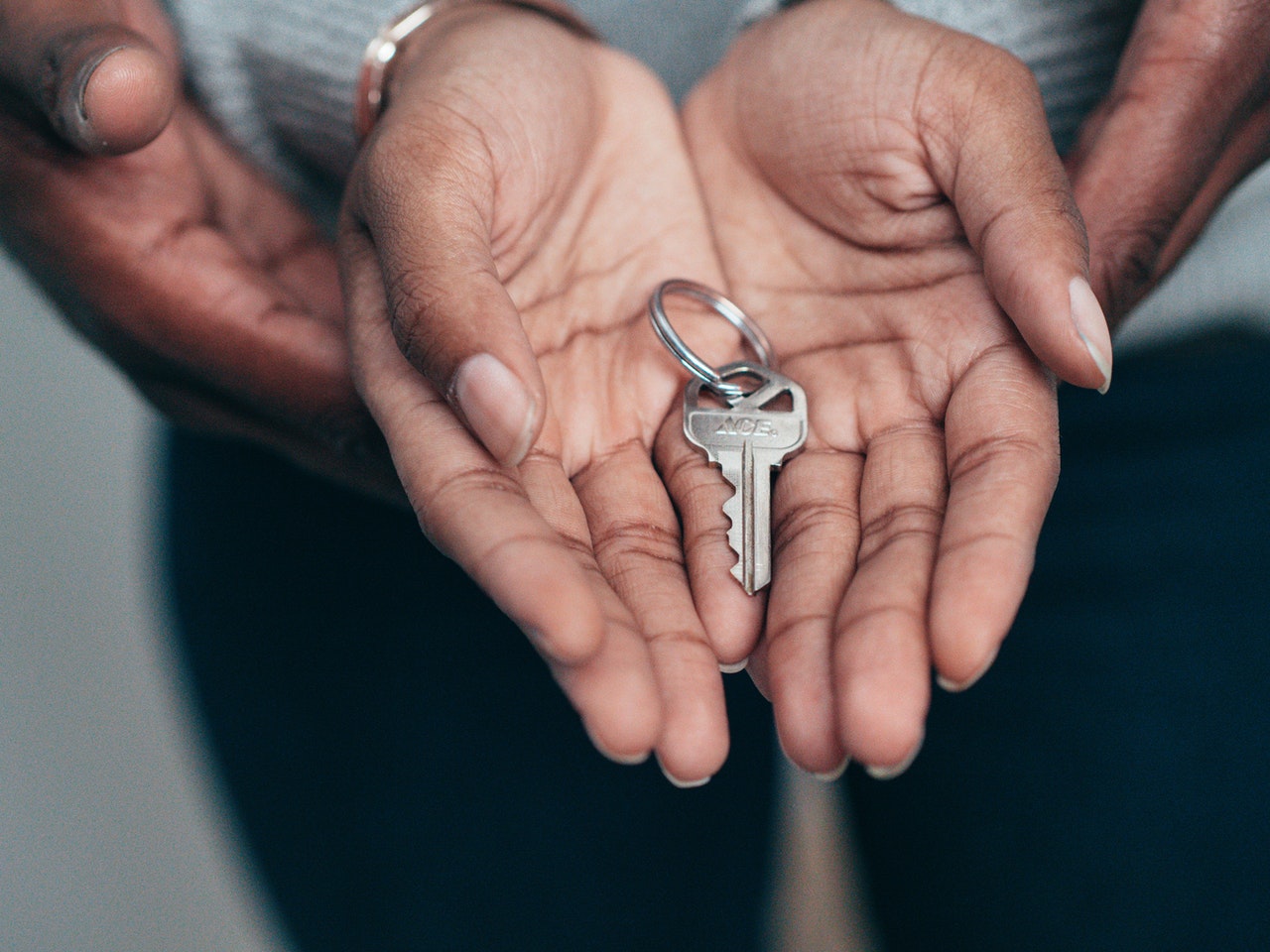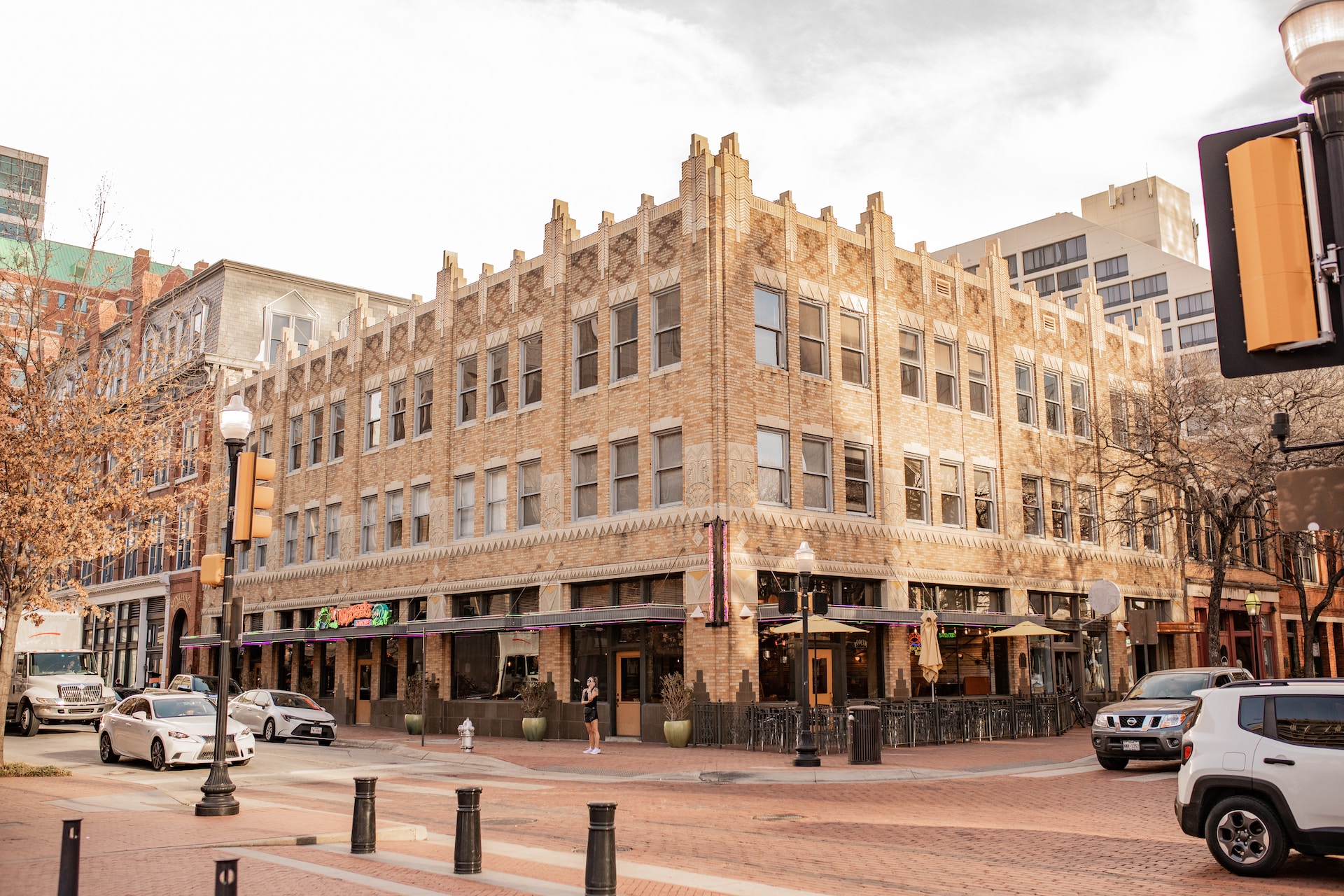Buying a property is one of the most significant purchases anyone will make in their lifetime, so making an informed decision based on knowledge and facts is crucial.
In this Q&A with the experts: Mortgage Edition we’re focusing on the financial part of the home buying process, from mortgages to loans and down payments. Everything you need to know when it comes to making the big step towards becoming a homeowner.
This Q&A has been divided into two articles to give our reader structured and organized information that you can easily save and share. For other aspects of becoming a homeowner, check out this part of this Q&A.
Keep on reading and discover what these knowledgeable experts have to say about mortgages and loans.
Mortgages, Loans, and More

Q: What are the most common types of mortgages and what are the top 3 pros and cons of each one?
A: The three most common mortgages are the 30-year fixed conventional, 30-year fixed FHA, and the 15-year fixed conventional. It is important to consider the requirements of each to determine what works best for your situation. Here is a quick recap of the pros and cons of each:
30-Year Fixed Conventional – For most people, the 30-year fixed conventional mortgage is most popular for the following reasons: it offers the lowest payment; your terms remain the same no matter what the market does, and you get to spread your payments out over a 30-year period. However, just because it’s a 30-year fixed term, it doesn’t mean you can’t pay it off early to save interest over the life of the loan. Keep in mind, that with a 30-year fixed mortgage, you are required to have a higher FICO score. You will also need to put down at least 5% and meet the agency requirements.
30-Year Fixed FHA – For first-time homebuyers or those looking to establish their credit, a 30-year fixed FHA mortgage is often a good one to consider. In addition to the 30-year term, it allows a lower FICO score to qualify; only requires 3.5% down, and allows the seller to contribute up to 6% back to the buyer towards closing costs. However, your monthly mortgage payment would include a Private Mortgage Insurance premium resulting in a slightly higher payment in the early years. FHA mortgages usually call for more inspections/appraisal requirements for approval.
15-Year Fixed Conventional – The benefits of going with a 15-year fixed conventional loan is that it usually provides the lowest interest rate, has a fixed-term, and results in the lowest total interest paid back to the lender over the life of the loan. These loans usually require 5% down and must meet agency requirements. Some people consider a 15-year mortgage to be harder to manage because even though you have a lower interest rate, you have higher payments due to the shorter loan term. Qualifying for a 15-year mortgage requires more income to support the associated monthly expense.
At Univest, we offer all these products and more, so our focus is helping each client choose the home loan product that best suits their unique financing needs.
Frank DiMaio | Univest
Q- What’s a good credit score to apply for a home loan and how can someone check their credit score?
A- For most mortgages, the minimum credit score potential buyers will need is a 620. Of course, the higher the better. Ideally, those looking to buy a home should have a credit score in the 700s to secure the lowest interest rates. It’s fairly easy for most consumers to check their credit scores. Many banks and credit card companies give clients the opportunity to check credit scores for free on their websites or mobile apps. If you notice an unexpected decrease in your credit score, you may want to check your credit report to see if there is any suspicious activity. You can do this through AnnualCreditReport.com, which offers consumers a free copy of their credit report from each of the three credit bureaus once a year.
Madison Block | ConsumerCredit.com
Q: For people who have been saving to buy their home with cash, what are some benefits they can look for and not many know about?
A: While buying a home for cash obviously helps make your offer stand out from the competition, you may not realize that it can help save you money. Sellers are often inclined to accept a lower cash offer than they would if you were purchasing the property with financing, saving you money on the purchase. Additionally, when compared to buying a house with a mortgage, buying a house for cash lets you avoid costly financing fees like appraisals, bank attorney fees, discount points on the loan, and other local recording fees and mortgage taxes which can add thousands of dollars to your purchase if you don’t pay cash.
Ben Wagner | Leave The Key Homebuyers
Q: Is there a home loan aid for veterans homebuyers, if so, how can veterans make the most of it?
A: Veteran buyers have many benefits. These range from $0 down, non-recourse home loans without mortgage insurance to the ability to finance multifamily properties. In some counties, veterans can even get a waiver of property taxes.
Phil Georgiades | VA Home Loan Centers
Q: What are some hidden factors that can increase the price of a home and that might not be too important for a potential homebuyer? Things they should watch out for.
A: Before the onset of covid-19, significant home upgrades could reduce the time a home spent on the market by about 11 days. Now, due to the supply-constrained real estate market, demand for properties is higher than ever and while upgrades may not have the same influential impact on time spent on the market, they have proved to significantly bolster the value of homes.
Throughout covid-19, some homeowners were able to increase the value of their properties by more than 25 percent through simple home improvements. For example, our data shows that remodeling an outdated kitchen and bathroom can increase the value of a home by approximately 27 percent.
As more homeowners begin to embark on renovation projects, it is critical to understand exactly how much value home improvements can bring to a property. There are a few ways to estimate a home project’s cost. One place to start is ComeHome. Generally, HouseCanary data shows that:
- Remodeling an outdated bathroom increases the value of the home by 12 percent.
- Remodeling an outdated kitchen increases the value of the home by 19 percent.
- Remodeling both an outdated kitchen and bathroom increase the value of the home by 27 percent. Through HouseCanary’s partnership with HomeAdvisor, we’ve found that the five upgrades with the highest return on investment included garage door replacements (97.5 percent ROI), manufactured stone veneers (94.9 percent), minor kitchen remodeling (80.5 percent), deck additions (75.6 percent) and entry door replacements (74.9 percent).
Larger renovations, such as adding a home office or a deck, finishing your basement or updating kitchens, can also add meaningful value to your home. These are all particularly appealing to home buyers during the pandemic — when 85 percent of people are spending more time in their homes — and more open, bright, and convenient layouts are all top of mind for homeowners and prospective buyers alike.
Remodeling during covid-19 HouseCanary and ComeHome found that the top three completed home projects were, in order: interior painting, bathroom remodels, and the installation of new flooring. As we enter into 2022, we anticipate that completed home updates will continue to rise and that the most popular home improvement projects will likely remain the same.
Katie Goldberg | HouseCanary
With the proper knowledge and planning, you can become a homeowner and invest money in your property while increasing your asset portfolio.
Renting a property can seem like throwing money down the drain, so why not invest it instead and build a safe haven that you can call your own.
For the second part of this article make sure to visit this page, where you will find everything related to other important aspects of becoming a homeowner, such as real estate tips, insurance, and more.




